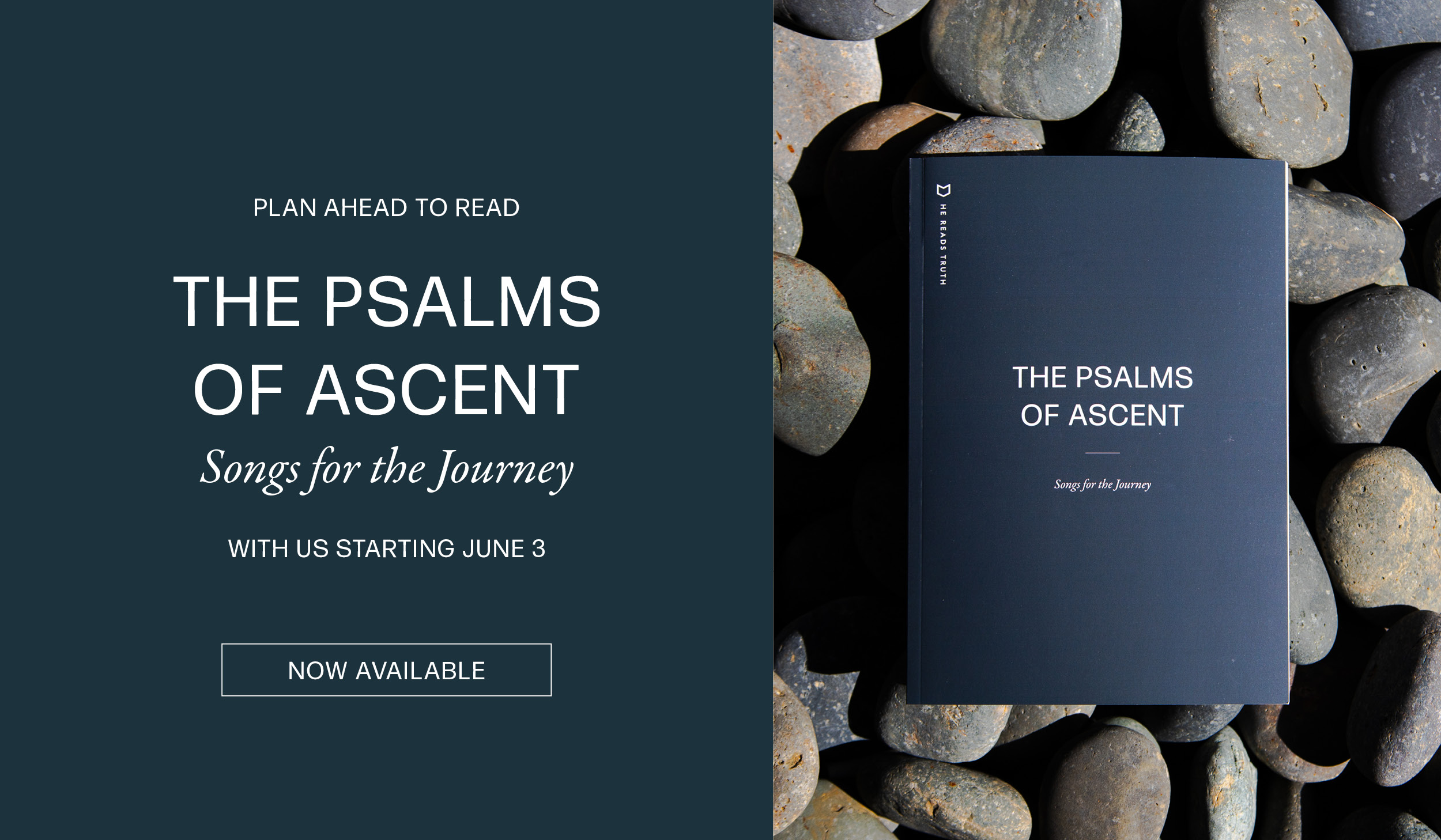By Elliot Ritzema
At the church where I grew up, there was a wooden table at the front with these words on it: “Do this in remembrance of me.” When I was old enough to read but not old enough to have spent much time studying the Bible, I used to wonder: “Do what?” A bit later, I realized that this being done in remembrance had something to do with those Sundays when bread and grape juice were placed on a white tablecloth on that table in silver hubcap-sized trays, words of institution were said, and the bread and juice were distributed to the congregation.
Once those things were associated in my mind, though, I didn’t stop wondering. What does it mean to “do this”—share the Lord’s Supper—”in remembrance”? Why can’t I remember Jesus’s death and resurrection in the same way I just remembered sitting in church and wondering what those words meant? In that sort of remembering, I’m not doing anything other than sitting at a table with a faraway expression in my eyes and tapping away at the laptop in front of me. I’m not reenacting it in any way.
Paul gets at the different nature of this kind of remembering when he tells the Corinthians, “as often as you eat this bread and drink the cup, you proclaim the Lord’s death until he comes” (1Corinthians 11:26). The remembrance of Christ’s death in the Lord’s Supper is not a private, subjective sort of remembering that we do in the privacy of our own minds. This remembering is not only a calling to mind but a proclamation that our own identity is bound up with His in His death. His death is for us; it is a sacrifice that changes the very nature of reality. He is our high priest, and the sacrifice of Himself that He offered removes sin from us (Hebrews 9:26).
When we remember it, we don’t offer it again; after all, it is “one sacrifice for sins forever” (Hebrews 10:12). However, we do more than call it to mind while we are doing something else with our bodies. In our action of eating and drinking that point us to His body and blood in the Lord’s Supper, we reorient our identity away from pride and selfishness. In this action, we re-narrate our lives as ones where we admit our sin, we appropriate Christ’s sacrifice as being for us, and we trust in His provision. We acknowledge that, while we may not have been physically present with Him at His Last Supper, His raised presence is with us now.
And we do this “until he comes.” When His physical presence is with us again, we will no longer have to remember in the way we now have to. Now, between His ascension and coming again, remembering takes a persistent reorientation of our lives. When He comes, this sort of remembering will no longer be necessary; we will eat with Him “in the kingdom of God” (Luke 22:16).
3 thoughts on "We Remember Your Sacrifice"
-
Elliott, I hope you will permit me to comment here as the She Reads Truth study today is glitchy. But I love your devotional and it reminded me of my own experience growing up in a cathedral as my “home church.” Behind the marble altar were a series of ornate statues and a bid middle ornate structure to focus the parish’s eyes. At the top of the structure was a glass urn and inside was “the flesh of Christ” that we eat in remembrance of me. As a child you probably can imagine how this was so confusing (my main question being— how is that flesh not spoiled?). Truly it was not until decades later (and after a rebellious phase) that I came to learn that remembering this moment in Jesus’ life is like an umbilical cord connecting us to Him. He is our lifeline through his sacrifice. This moment that was the beginning of His passion. It is a moment my during service and during my personal worship time, that I have come to honor.
-
I celebrate Passover with my Jewish community and I also am a born again believer. Passover was such a dress rehersal for the death, burial, and resurrection of Jesus Christ! In Judaism as well as Christianity all the “holy days” are causes for us to remember and celebrate or to remember and mourn! I enjoy the reciprocity of the relationship between God and man. God made earth for us and man created the Tabernacle for God. Jesus laid down his life for us and we can do the same God! We can actively participate in our relationship with God. It’s not passive and one sided.
-
Amen. I love seeing comments on HRT, I was surprised, then saw it was the She’s. (chuckle). I have tried to encourage my husband to read HRT and get the comments rolling like us SHE’s! Usually it just takes a couple of comments for then others to join. Praying that HRT becomes a place of conversation and growth with the men out there.


Post Comments (3)